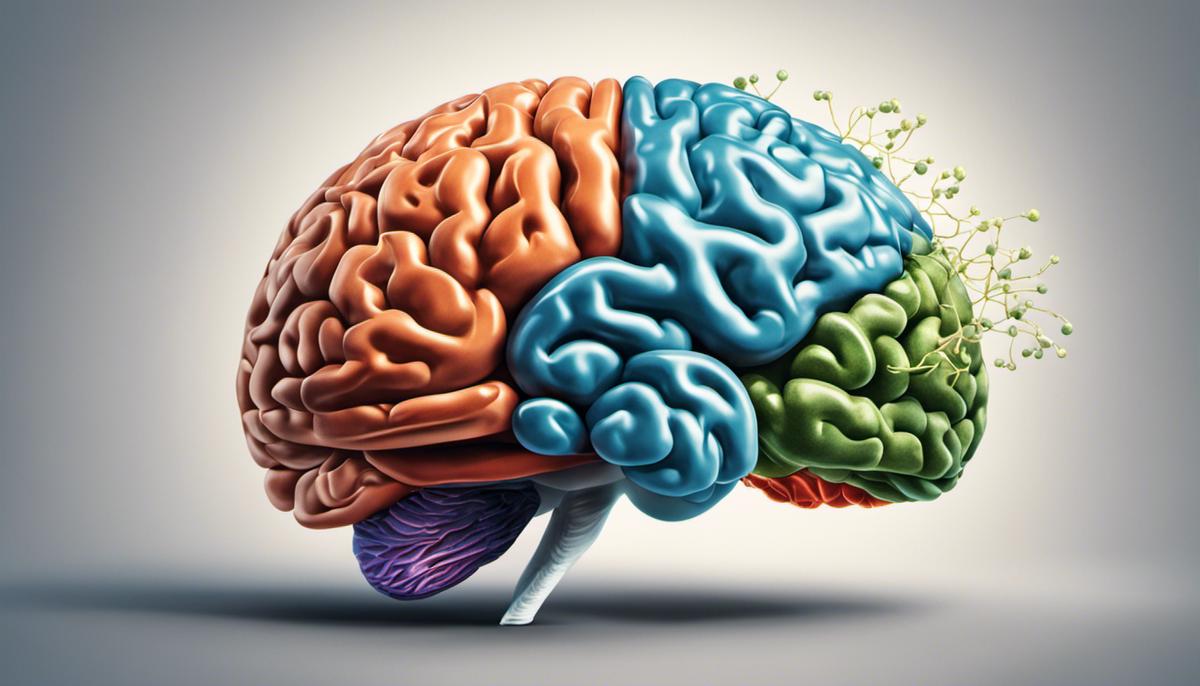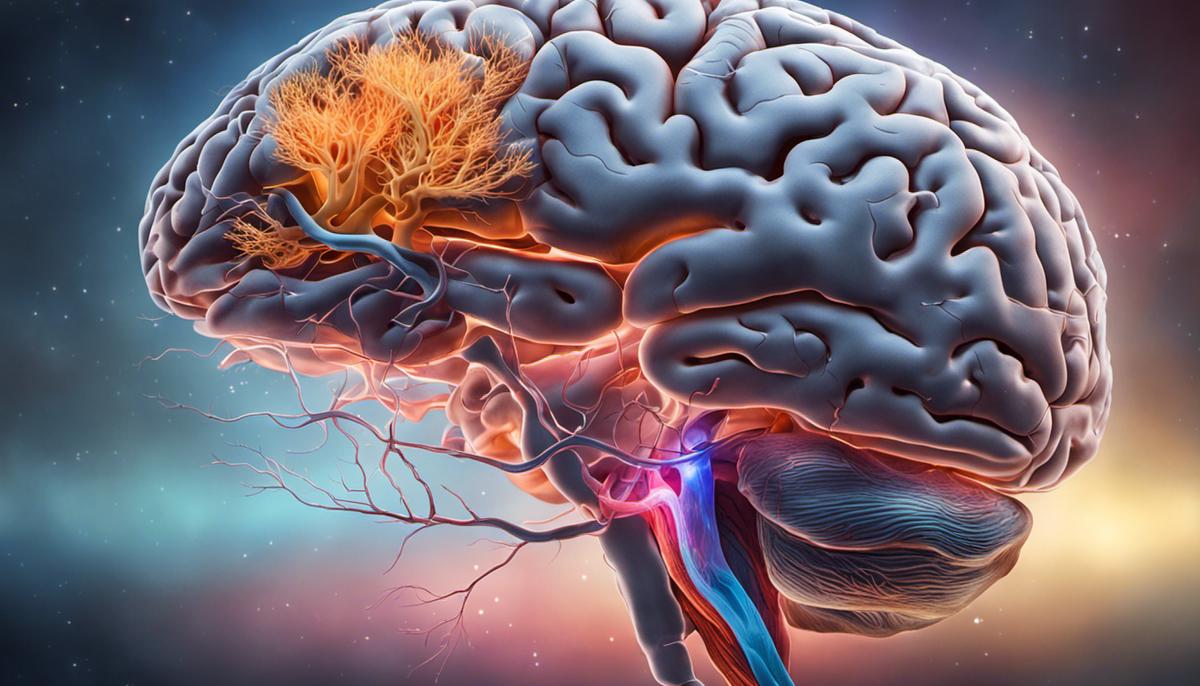Vitamin Supplements: Separating Myths from Facts
Living in a world overwhelmed with information, it can be significantly challenging to discern fact from fiction – particularly regarding our health and well-being. Vitamin and dietary supplements are commonly discussed topic, laden with a myriad of differing perspectives. They are promoted by some as essential elements of a balanced health regime, while others believe … Read more





